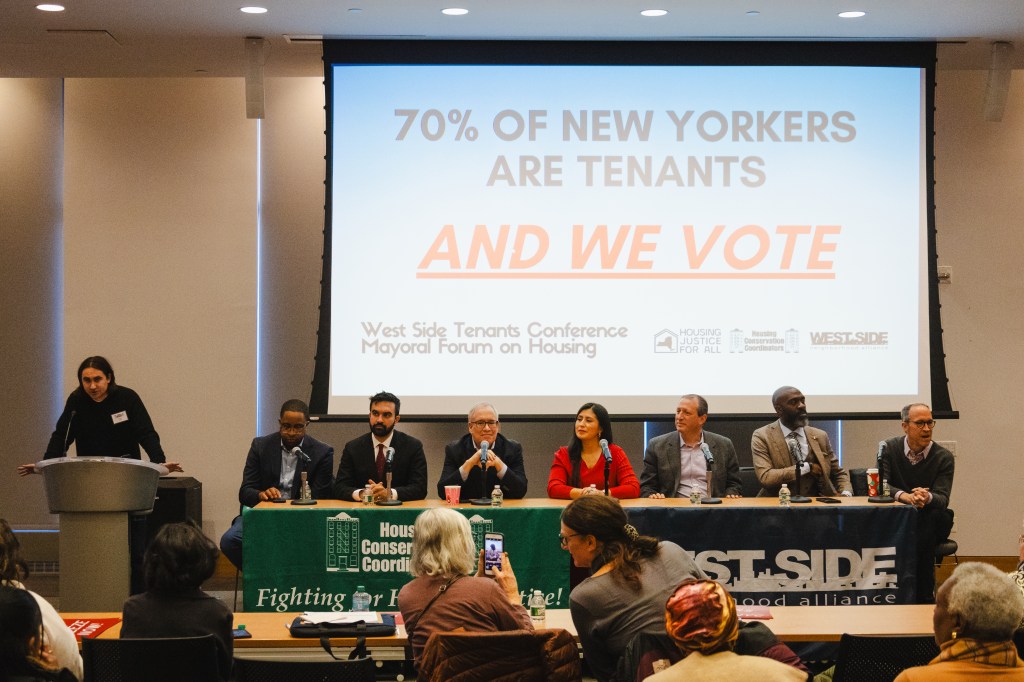Read Related Article #1: U.S. was a mecca
Read Related Article #2: Culture
Read Related Article #3: Survivor Profile: Inge Auerbacher
Read Related Article #4: 60 years later
Read Related Article #5: Survivor Profile: Hannah Deutch
Read Related Article #7: Survivor Profile: Jane Keibel
Read Related Article #8: Survivor Profile: Ann Klamka
Read Related Article #9: Survivor Profile: Lena Goren
Deborah Schenkein knew nothing of her father’s past until she was 30. When she finally heard him speak of the horrors of being ripped away from his family as a teenager, sent to Dachau and ultimately invading Normandy with the U.S. Army on D-Day, it was via a pre-recorded segment for NBC’s The Today Show. The year was 1984, the 40th anniversary of D-Day. Schenkein’s father, Werner Kleeman of Flushing had - miraculously, in Schenkein’s opinion - been persuaded by a newscaster to return to Utah Beach, one of the Allied landing sites during D-Day, to tell his story.
Schenkein watched the broadcast with her sister Susan - who traveled with their father to Normandy but had been restricted from accompanying him to the beach for his interview - both of their husbands, their young children and Kleeman.
All in the room were stunned.
“We never had any idea about his life prior to being a father,” she said.
As soon as the segment ended, Kleeman fielded a series of seemingly endless phone calls, pledging assistance to each and every person who inquired about a relative lost in the war or one who had taken his war stories with him to the grave.
However, even after that first broadcast, Kleeman’s daughters had to rely on future television appearances to learn about their father.
“That’s how we would get our questions answered,” Schenkein said.
Susan Vitucci, daughter of survivors Leon and Minia Moszenberg, had a different experience entirely.
“They thought the children were sleeping but they weren’t,” said Vitucci, 56, recalling weekly gatherings of at least 20 survivors from all over the city and as far away as Philadelphia, often held in her parents’ apartment, when she and her sister Paula were young.
“Because most of the family was murdered, there was a pseudo family made up of survivors,” said Vitucci, who realized at a young age that she was “different.”
In her 20s, Vitucci began searching databases for missing relatives but her mother, a Flushing resident, wanted no part of it.
“I know that the whole story isn’t being told,” Vitucci said, explaining that she respects her mother’s decisions and does not push her when it comes to revealing or looking deeper into her painful past.
While she continues to harbor the fantasy of discovering long-lost kin, Vitucci has had no luck so far. Moreover, the survivor group, she said, long-ago dwindled as people moved, assimilated into American culture and passed away.
“As you grow older your thoughts change,” said 36-year-old Astoria resident Natalia Paruz, whose father Hanoch, at 17, was the sole Holocaust survivor from his family.
When she was a child, Paruz liked to think she would have joined the partisans and resisted the Nazis. A young ballet dancer, she motivated herself by thinking of all the children who never got do dance.
“There were little girls who wanted to do ballet and couldn’t so I should dance for them,” she recalled thinking.
Recently though, when asked about her hypothetical fate had she lived during World War II, Paruz said she would have gone into hiding.
Eythan Klamka, son of survivors Ephraim Klamka and Ann Bandler Klamka of Flushing, said, he too, has experienced some changes of emotion regarding the Holocaust.
As a child, “I hated Germans,” said Klamka, 41. “I was like, ‘let’s kill them, let’s torture them, let’s do unspeakable things to Germany.’ ”
By the time he reached his 20s though, Klamka said he had become oversaturated with the Holocaust.
Today, however, Klamka, a high school teacher, writes Holocaust poetry and is soon bringing his mother to talk to his students about her difficult past.
“I think everybody should know, especially everybody whose identities were forged by that history,” he said.
“We’ve never met these relatives of ours but it’s like they’re always with us,” Paruz said of the community of second and third generation survivors. “It’s like what happened back then got passed to us through our genes.”
Vitucci agrees.
“It’s almost part of my DNA. You carry this with you. Your ghost family is always with you,” she said.































